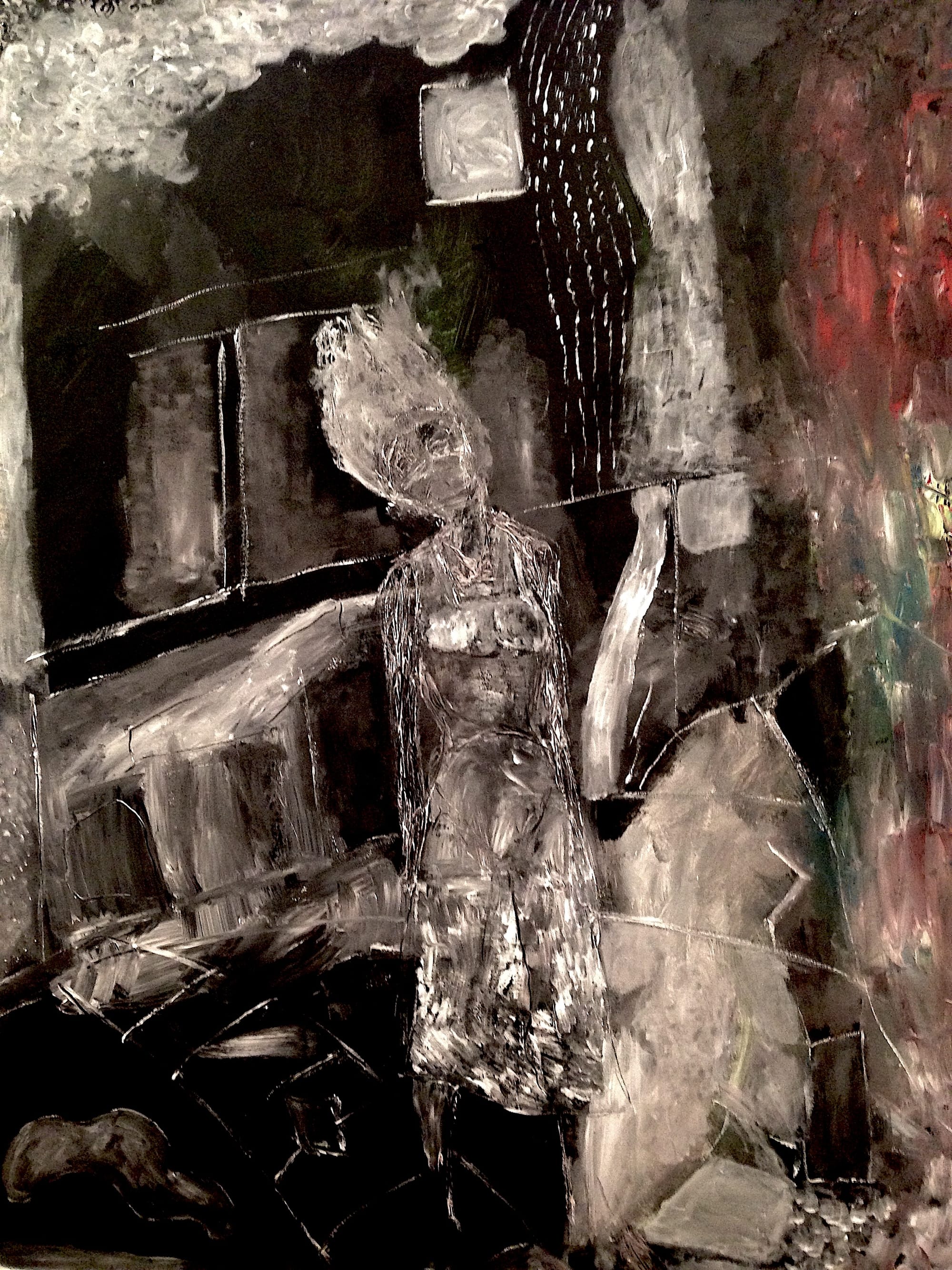Blogging the Apocalypse: 7

Last year the FT wrote about the rise of the authoritarian governments that now proliferate and made the point that elites needed to recognise their responsibility in this terrible state of affairs. I think it overestimates the power of US institutions to hold back Trump but is nuanced and gives us a glimpse of how democracies are sleepwalking into their own deaths. t offers a glimpse of hope: so far, no rich democracy has turned, but of course with the US election in the balance, there are reasons for trepidation until the monster child has been vanquished. Read it here.
An extract: ' Erica Frantz of Michigan State University sheds a bright light on the ways of contemporary authoritarians in a short book, entitled Authoritarianism: What Everyone Needs to Know. This illuminates two main points. First, nowadays, the most common way for authoritarian regimes to emerge is by eating out democracy from within, rather as the larvae of some wasps eat out host spiders. Such processes make up close to 40 per cent of all contemporary collapses of democratic regimes. Second, these new regimes often take what the author calls “the most dangerous form of dictatorship”: personal (or “personalist”) rule. Between 2000 and 2010, 75 per cent of transformations of democracies into dictatorships ended thus. Examples are Russia under Mr Putin, Venezuela under Hugo Chávez, and Turkey under Recep Tayyip Erdogan. A crucial question is what one means by “authoritarian”. The answer is: the absence of democracy. Democracy, in turn, means a system in which free and fair elections determine who holds power. Thus the state must allow free expression of opinion, a free media, impartial execution of election law, a universal adult franchise and the right of political competitors to obtain the resources they need. Today, elections confer legitimacy. For this reason, many authoritarians offer “pseudo-democracy”, but not the reality. Elections in such countries are a form of theatre. Everybody knows the leader will not let himself be defeated. Such a regime is not just a bit different from a democracy: it is an entirely different animal. Historically, the number of authoritarian regimes peaked in 1980 and then fell sharply, reaching a trough in the middle of the last decade. Since then, however, democracy has been in slow retreat. Moreover, notes Prof Frantz, autocracy is no longer just a phenomenon of developing countries, thus “many of the democracies that currently appear to be on the verge of transitioning to dictatorship lie in Europe”. There has also has been a marked shift over time in the form of authoritarianism. The Chinese party-state is a rarity. The number of military dictatorships has declined sharply. But the number of pseudo-democratic personal dictatorships is on the rise. Features of these personal dictatorships include: a narrow inner circle of trusted people; installation of loyalists in positions of power; promotion of members of the family; creation of a new political movement; use of referendums as a way of justifying decisions; and the creation of new security services loyal to the leader. A characteristic of these strongmen is that they start out as populists. The latter argue that they alone, once armed with extraordinary powers, can solve the country’s problems. They assert that the traditional elite is corrupt and incompetent. They insist that experts, judges and the media are to be distrusted. Voters should trust, instead, in the intuition of the leader, a living embodiment of the people. Such arguments also justify the repression of “enemies of the people”, making genuine democracy impossible.'
Read the complete novel 47094 from the beginning here.
Read the complete novel 'The Ecstatic Silence' here.